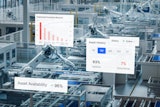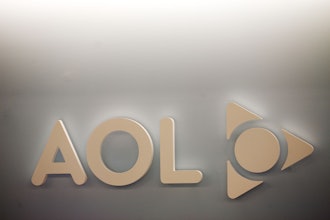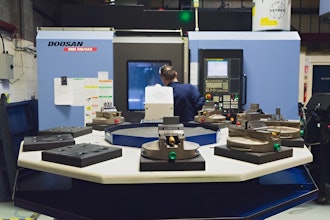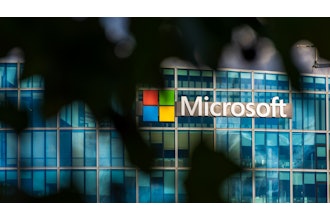
According to an article by The Telegraph, Google is planning to change its smartphone strategy by developing its own devices in the future. In the past, the company had licensed its Nexus line of phones to other manufacturers such as LG and Huawei.
As opposed to Apple, which controls every aspect of the smartphone experience, Google currently only controls the software side of things. Relying on third-party manufacturers to build the hardware to run Android on has worked out pretty well for Google in the past, but there is one problem that has always been there and is only getting worse: fragmentation. The fact that there are so many different devices from so many different manufacturers makes it incredibly hard to keep control of the Android ecosystem. Depending on the device they are using, Android users often have to wait months for the latest Android version as many manufacturers fail to deliver regular updates to their customers. As a result, the Android landscape is incredibly fragmented as our chart, based on Mixpanel data, illustrates.
Making its own devices wouldn’t solve that problem altogether, but at least it would give Google the chance to provide users with the best Android experience possible, by controlling every aspect of it.
This chart shows the percentage of iOS and Android devices running the most recent versions of the two operating systems in June 2016.






















